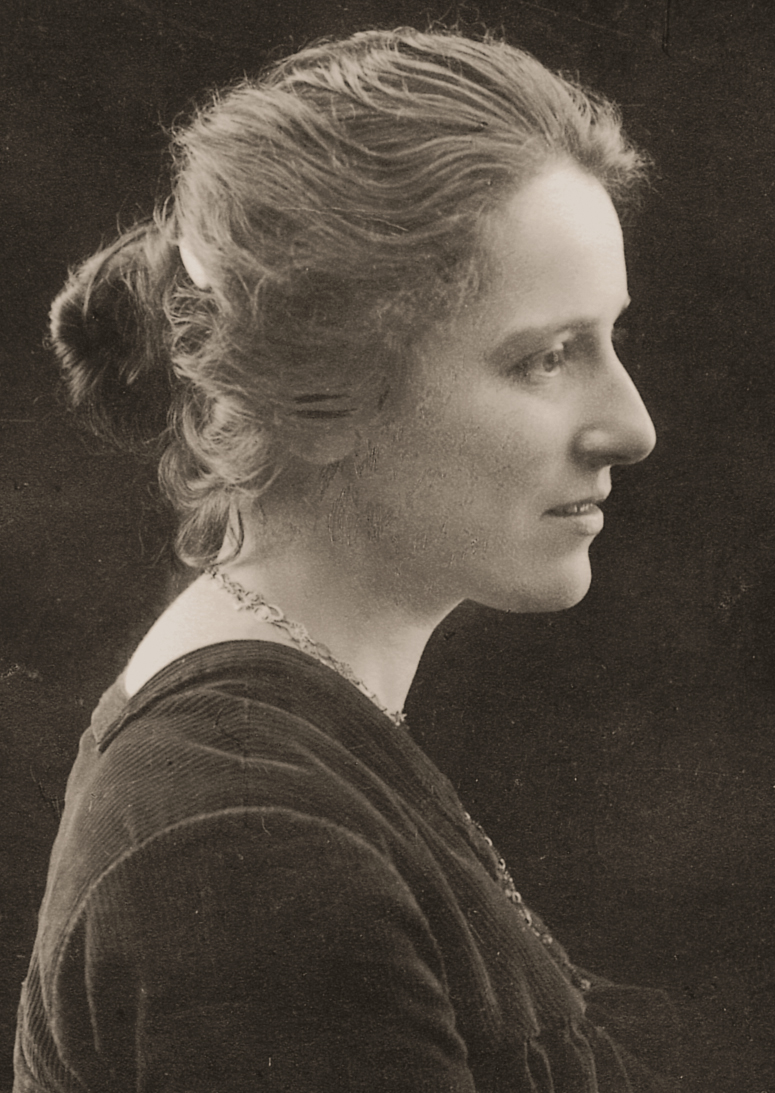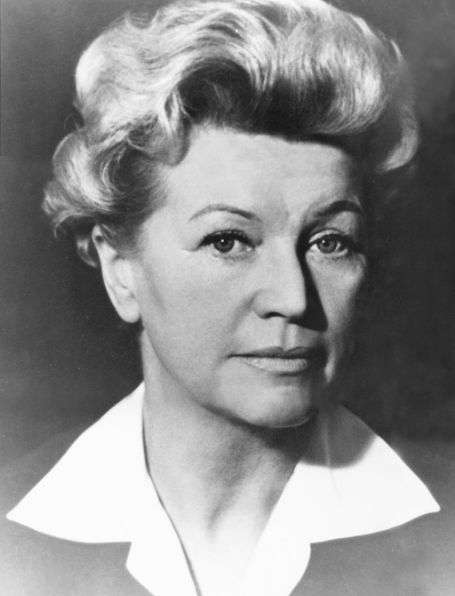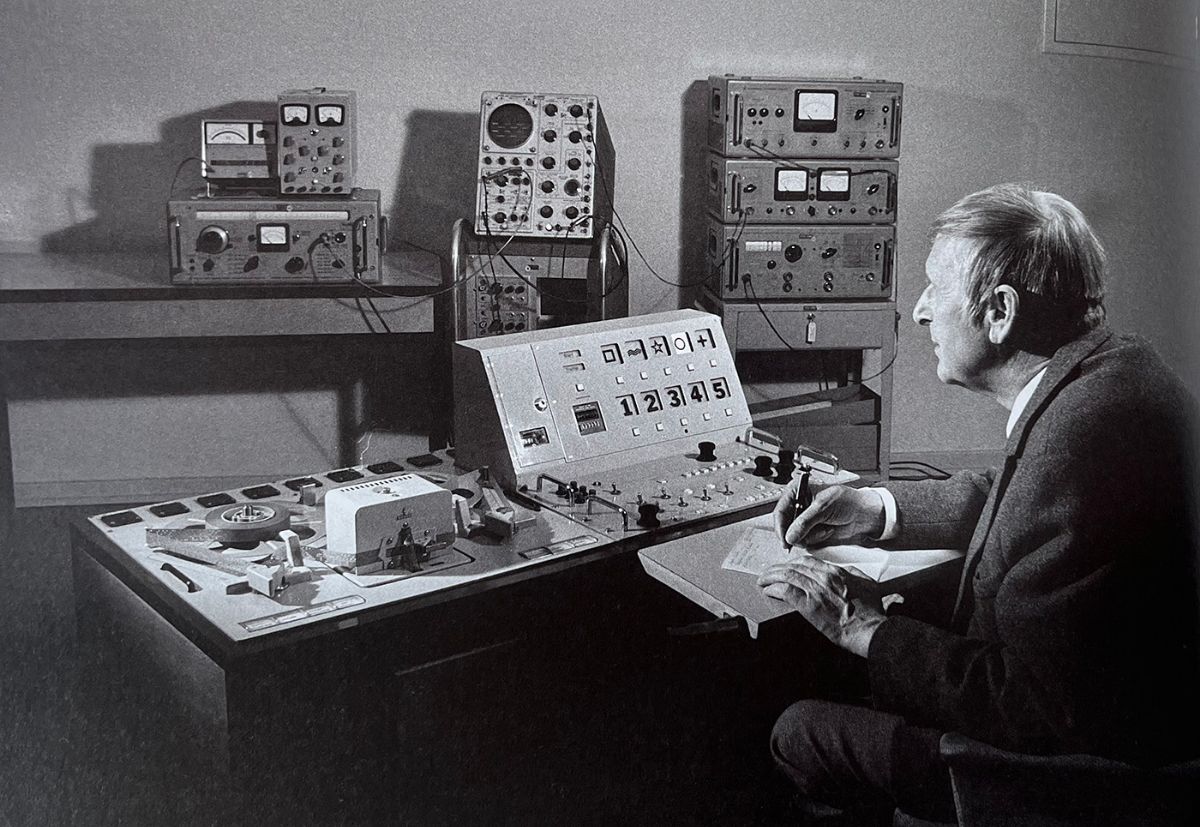Research into phenomena and experiences at the boundaries of our reality has a long tradition in Freiburg. The Institut für Grenzgebiete der Psychologie und Psychohygiene e.V. (IGPP, Institute for Frontier Areas of Psychology and Mental Health) made a significant contribution to this. Its founder, Professor Dr. Dr. Hans Bender (1907-1991), was the best-known and most popular academic representative of German parapsychology after the Second World War (Fig. 1). Shortly after the end of the war, Hans Bender began to set up an institute in the building “Eichhalde 12” in Freiburg-Herdern, which began operations in 1950 (Fig. 2), and which Bender directed until his death (for detailed information about Prof. Bender, see Bauer, 1998; Hausmann, 2006 and Lux, 2020.).
History
of the Institute for Frontier Areas of Psychology and Mental Health
Figure 1
Professor Dr. Hans Bender
(1907-1991)
Founder of the IGPP
Figure 2
IGPP
Building “Eichhalde 12” in Freiburg-Herdern
Professor Bender was soon able to establish a link between the institute and the university: Between 1954 and 1975, he held a chair for Grenzgebiete der Psychologie (Frontier Areas of Psychology at the Institute of Psychology at the University of Freiburg and was also director of IGPP. After Bender’s death, his long-time assistant, Prof. Dr. Johannes Mischo (1930-2001), succeeded him both in this chair until 1998 and in the management of IGPP until 2001. Until 2020, the institute was headed by Prof. Dr. Dieter Vaitl, until mid-2022 by Prof. Dr. Stefan Schmidt and since then by PD Dr. Jürgen Kornmeier.
In historical retrospect, the “Eichhalde period” can be considered the “heroic” time of the institute: Until the mid/late 1980s, it was dominated by the personality of Bender, who became the parapsychology professor par excellence in the public eye (“Spuk-Professor”). Bender’s lectures and seminars at the University of Freiburg have become legendary for generations of Freiburg students. Several hundred listeners used to follow his Tuesday lectures in the University Auditorium with fascination and amusement when he gave gripping reports on a possible “glimpse into the future” – i.e. well-documented dreams of the future – or on the latest spook investigations, such as the Rosenheim case. Bender never tired of pointing out that exceptional (paranormal) experiences and events (“psi phenomena”) are part of the anthropology of humans and their living environment and therefore deserve the broadest possible scientific research. In addition to establishing this field of research in the canon of psychological disciplines, his intensive public relations work has helped to popularize research at the frontiers of psychology and bring it into the academic discourse.
However, the financial and personnel resources of the institute were very modest in the early days and were mainly financed by the foundation of the Swiss biologist and parapsychologist Dr. Fanny Moser (1872-1953) (Fig. 3). The team at that time consisted of a maximum of two to three persons, usually psychology graduates, who shared all facets of the institute’s daily work as “generalists”. The lack of funding for frontier area research, which Bender often lamented, changed radically when the IGPP was able to significantly expand its traditional areas of work and research from 1992 onwards thanks to the annual inflow of funds from the Holler Foundation. Mr. and Mrs. Holler had already decreed in the 1960s that their assets should be donated to a charitable foundation.


Figure 4
Asta Holler (1904-1989)
Asta Holler (1904-1989) (Fig. 4), who outlived her husband by 20 years, made funds available in her will to enable certain services to be provided without time limits. The foundation began its work in September 1990. The historian Heidrun Edelmann wrote a history of the Holler Foundation that is well worth reading under the title “Vermögen als Vermächtnis. The life and work of the founders Christian and Asta Holler” (2011).
The improved financial situation made it necessary to restructure the institute. As the numer of research projects increased rapidly and the scientific staff from the established fields of natural, social and cultural sciences grew steadily, the Eichhalde Institute was abandoned and the institute moved into a new building in the city center in 1996. Since then, the IGPP and its research topics have been the focus of very different scientific cultures. A detailed account of the institute’s history can be found in Lux (2020).
Between 2002 and 2009, the annual foundation funding decreased significantly, partly due to the financial crisis, meaning that current research projects are largely dependent on successfully raising third-party funding. Today, IGPP and its research topics are the focus of very different scientific cultures.
Literature on the History of the Institute
Lux, A. (2020). Wissenschaft als Grenzwissenschaft: Hans Bender (1907-1991) und die deutsche Parapsychologie. De Gruyter.
Hausmann, F.-R. (2006). Hans Bender (1907 – 1991) und das “Institut für Psychologie und Klinische Psychologie” an der Reichsuniversität Straßburg: 1941 – 1944. Ergon-Verl.
Vaitl, D. (ed.). An den Grenzen unseres Wissens. Von der Faszination des Paranormale . Herder.
Edelmann, E. (2011). Vermögen als Vermächtnis. Leben und Werk der Stifter Christian und Asta Holler . Oldenbourg.
Bauer, E. (1998). Hans Bender und die Gründung des „Instituts für Grenzgebiete der Psychologie und Psychohygiene“. In J. Jahnke, J. Fahrenberg, R. Stegie, E. Bauer, & C. Allesch (Eds.), Psychologiegeschichte. Beziehungen zu Philosophie und Grenzgebieten (Passauer Schriften zur Psychologiegeschichte, vol. 12, pp. 461-476). Profil Verlag.
